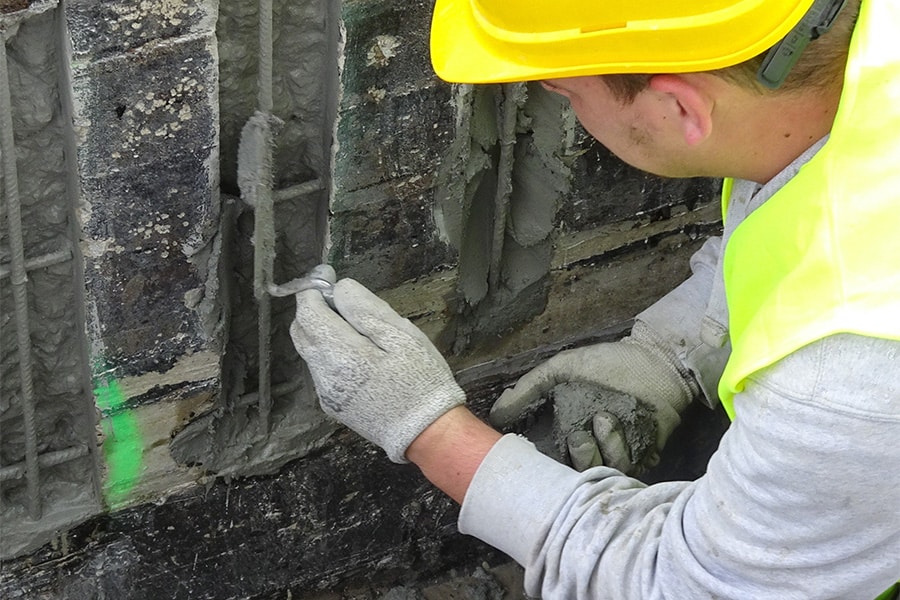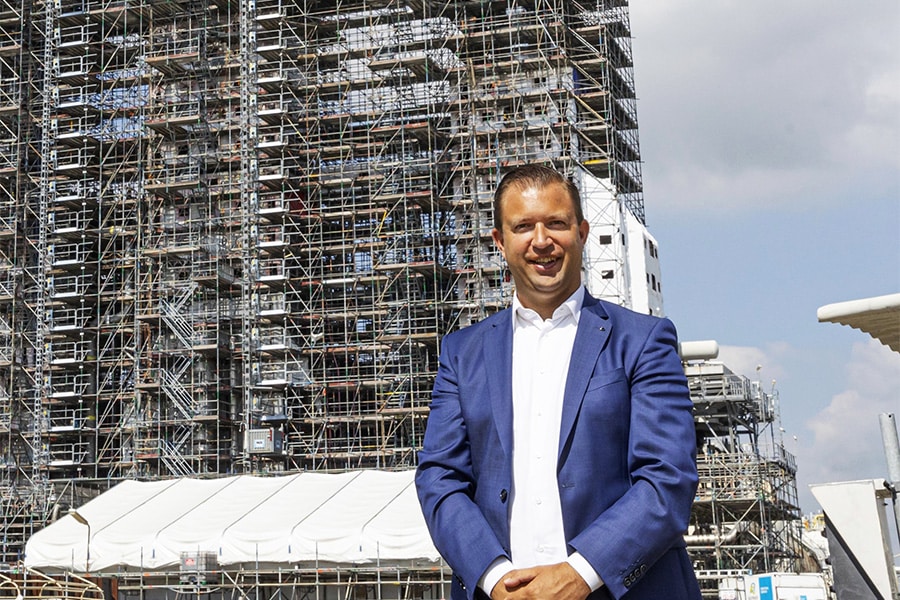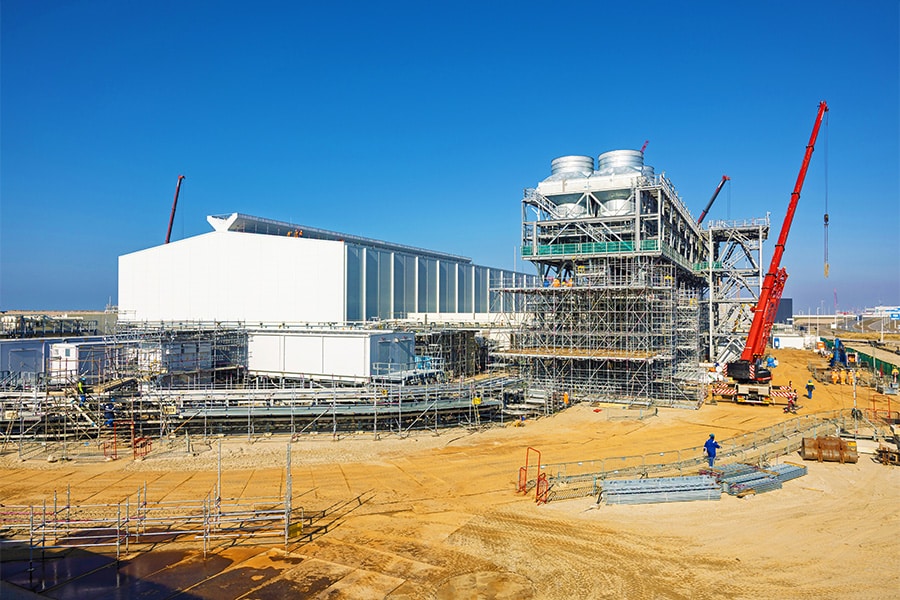
SCC: end or means?
With the SCC standard in hand, Henk van Gennip, lead auditor at Bureau Veritas, is working daily to increase safety on the shop floor. Also in the construction industry. Because despite all the good intentions, materials and measures, large and small accidents occur every year. Below, Van Gennip explains how he experiences SCC in practice and what trends he observes.

SCC (Safety, Health and Environment (HSE) Checklist for Contractors) helps companies work safely and healthily and reduce accidents. "There are three levels of SCC certification," Van Gennip said. "While SCC* is focused on direct control of HSE during the execution of work on the shop floor, without the use of subcontractors, SCC** focuses on direct control of HSE around the execution of work on the shop floor, as well as on the HSE structure. The latter also applies to SCC Petrochemistry. Additional requirements specific to the petrochemical sector are defined at the latter level."
Questions
The standard is made up of questions covering aspects such as risk analysis, training and information, environment and health, and the purchase and inspection of work equipment. "To obtain the certificate, the answers to these questions must be positive," Van Gennip continued. "How many answers are needed depends on the level of SCC certification. With years of experience and expertise, Bureau Veritas is able to assist companies in this as a highly professional partner. Thanks to far-reaching specialization, our auditors and inspectors have the ability to fully empathize with the client's situation and provide customized service."
Action Plan
Within a high-risk environment, it is extra important to work safely and healthily and to make this possible. "With an SCC certificate, a company shows that it considers safe and healthy working important," says Van Gennip. "But you don't just get an SCC certificate overnight. To make the VGM management system transparent, an action plan must first be made that includes action points for improvement and how to implement them. After that, an application is possible. Then a recognized certification body, such as Bureau Veritas, conducts an audit of the HSE management system. When all requirements are met, certification follows."
Goal or means?
When asked whether obtaining SCC certification is an end or a means, Van Gennip gives a clear answer. "Of course it is a goal, but primarily it is about framing safety, health and to a lesser extent environment within the organizational policy with the aim of improving them. Ultimately, it's about awareness and behavior. There must be continuous emphasis on this within all levels of the company. The existing SCC scheme has had a demonstrable impact on this in recent decades and has made a positive contribution to safety awareness." The various initiatives taken over the years indicate that the construction industry itself also sees SCC more as a means than an end. With the Governance Code Safety in Construction, for example, action has been taken together with the SSVV and others to collectively improve safety in the chain. "And great things are coming out of that, such as the Generic Gate Instruction (GPI) launched this year. In short, cooperation is very important to get safety, health and the environment to the highest possible level."
Text | Chris Elbers Image | Bureau Veritas



